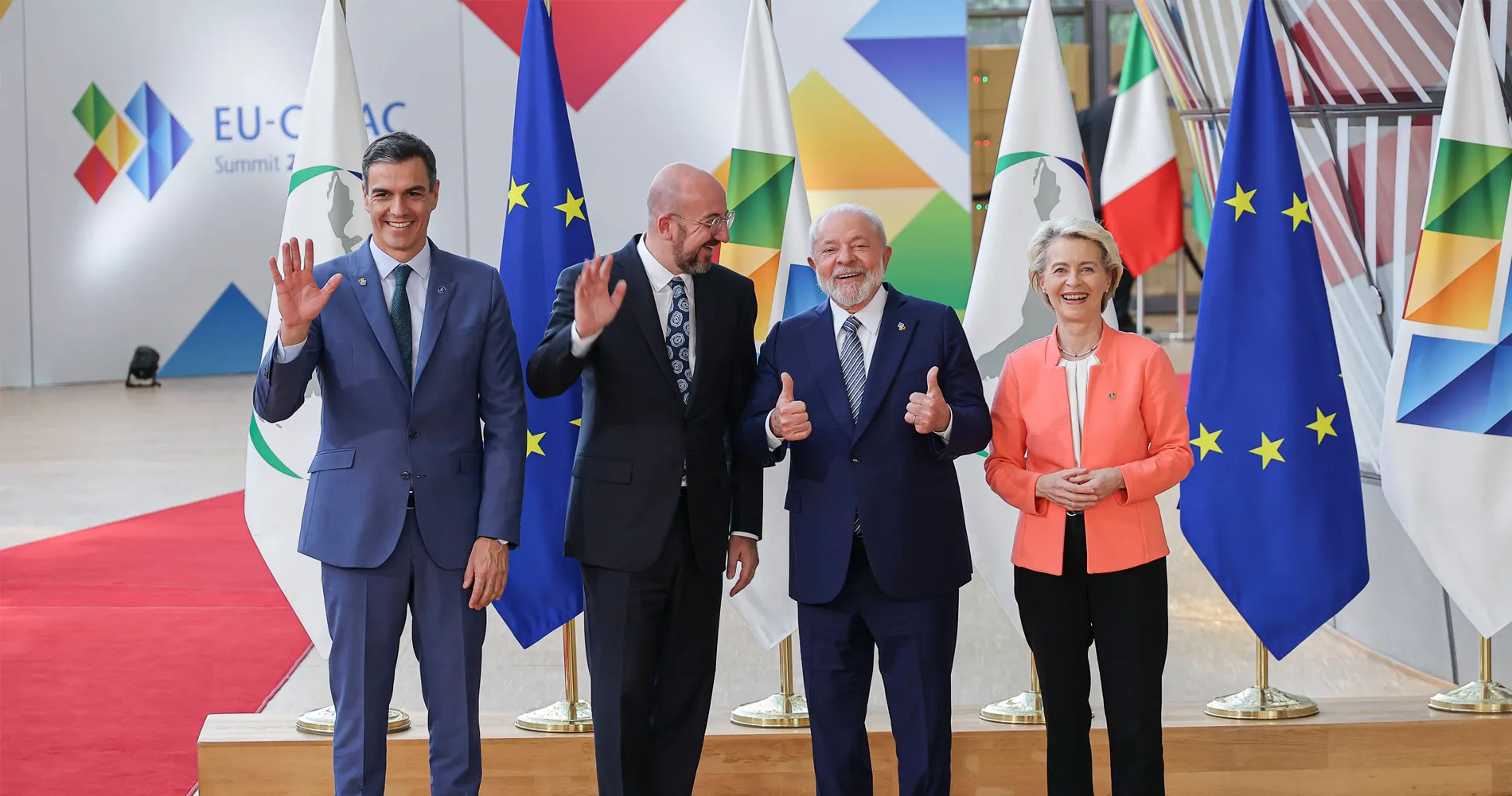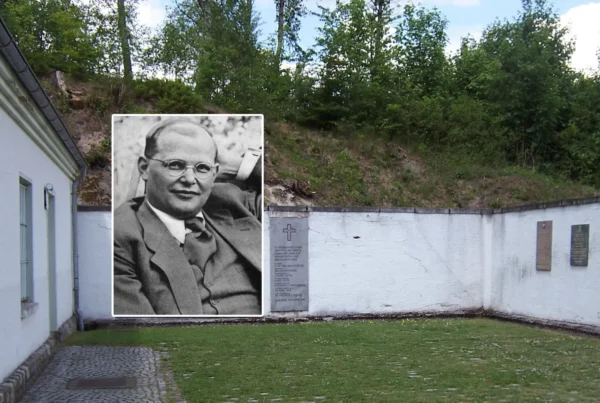After 25 years of negotiations, the European Union and Mercosur have agreed to a deal which would create the largest free trade area in the world. With fewer restrictions and imports on many goods, South American and some European leaders are celebrating this milestone. However, while this deal is highly beneficial for some, such as the Germans, others remain increasingly skeptical of its benefits and fearful of its potential impacts on their domestic economy.
Reed McIntire
27 January 2025
Arabic version | Chinese version | French version | German version | Spanish version
On 6 December 2024, the European Union finalized a trade deal with the South American economic bloc, Mercosur. The deal, which took over 20 years to complete, would allow free trade between the two blocs. However, while the deal is hailed as a milestone by EU leadership, it nonetheless represents another deep division in the already fracturing union.
French president Emmanuel Macron has been one of the most outspoken opponents to the deal. Despite being a centrist who believes in the free market, Macron and his government fear the implications South American produce will have for French farmers. Since the cost of production is significantly cheaper in places like Brazil or Argentina, these imports carry the potential cost of sharply undercutting French farmers’ markets and profits. Additionally, French farmers and unionists have criticized the standards and quality of Mercosur’s products as sub-par in comparison with the EU.
France is joined in its opposition by other EU members, including Austria, Ireland, and Poland. However, this anti-Mercosur alliance will require more members to put an end to the deal. As a result, Macron has been attempting to sway Italian Prime Minister Giorgia Meloni, who has become increasingly skeptical of the deal and its impacts on European producers. However, Meloni remains aloof and has so far refused to fully commit to the anti-deal bloc, consequently denying Macron’s goals.
On the other hand, the Germans, the other de facto leader of the Union, welcome the deal. For them, the deal represents a new opportunity to bolster their exports and subsequently their economy at large. Germany is the largest European exporting nation to Mercosur, with a total export value of EUR 16 billion in 2023. With their economy stagnating though, the German government is clearly hoping that this trade deal can revitalize its economy.
However, the Germans may be the largest, or only, European beneficiaries of this deal. Other major European nations do not export nearly as much to Mercosur as the Germans do. In fact, for many, imports from the South American bloc actually match or outweigh their exports. For instance, in 2023 the Netherlands exported EUR 6.2 billion worth of goods to Mercosur but imported EUR 13.3 billion. While the cases of Italy and France are less extreme, the value of their imports is close enough to their exports to warrant further discussion.
Of course, Europeans are not the only players in this decision. For the members of Mercosur, this deal has been a top priority for years. However, unlike their European counterparts, the majority of Mercosur leaders have welcomed the decision openly.
Mercosur’s largest member, Brazil, has been especially enthusiastic about the deal, seeing it as an opportunity to expand its exports and bring in funds to modernize the country’s economy. As a major producer of produce, especially meat and animal products, Brazil expects to reap the benefits of the deal, especially considering the competitive advantage Brazilian agricultural exports already have owing to the lower cost of production.
However, experts and lawmakers in Brazil still worry about the future of their less developed economic sectors. Specifically, Brazil’s pharmaceutical, machinery, and electrical equipment sectors may be unable to compete with European products. However, the potential benefits outweigh the risks for them, as the Brazilian government has welcomed the decision with open arms.
Together with Brazil, Argentina has remained optimistic about the deal. Despite his critique of the Mercosur bloc, Argentine president Javier Milei said the group “could not let commercial opportunities pass by.” A staunch libertarian and free trade idealist, Milei has often criticized the bloc for supposedly impeding Argentina’s economic development through strict regulations on trade with third-party nations. So, this recent deal could be an answer to the country’s economic woes following record high levels of inflation and unemployment.
Despite the apparent openness and acceptance of their respective governments, civil societies and unions on both sides of the Atlantic remain critical of the deal. For them, the deal threatens to promote ecologically harmful agricultural practices in South America to meet increased European demands while also maintaining an unequal partnership between the two regions. While the deal promises to help further the economic development of Mercosur nations, these critics view these inequalities as worsening their positions because of the inevitable privatization once European capital can invest more in the region. With this in mind, a group of over 400 civil societies and unions signed an open letter in November 2024 calling for a rejection of the deal.
The actual impacts of the deal remain to be seen. However, it is clear that despite this being hailed as a milestone for international cooperation, the potential risks and negative effects are great. Additionally, the advantages of the deal may only be available to a select few nations and producers while the rest bear the brunt of the costs. Regardless, any future impacts of the deal will shape the EU-Mercosur economic development for years to come.







